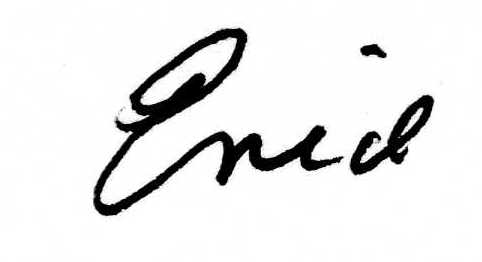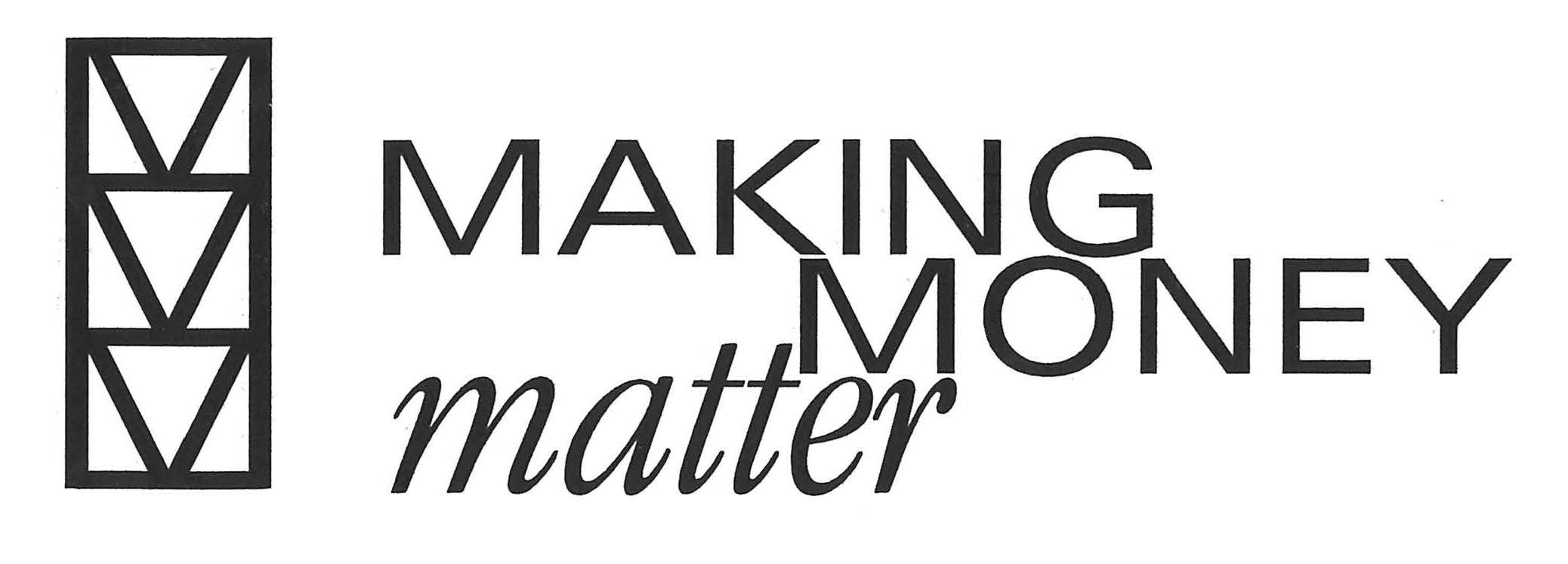Peeling the apples, adding the walnuts and honey and, of course, the special wine. Charoset. Yum.
It is one of the tastes on the ceremonial Passover Seder plate representing the mortar used by the slaves of the Pharaoh to build his city thousands of years ago. There are others, like salt water to represent tears and bitter herbs for burden.
Every year the story is retold, especially to the younger generations, to understand, to feel, and never to forget. Every year, the pain is fresh. Around the Seder table there is talk of what it means to be free. And there is awareness and gratitude. Freedom is a gift, both precious and fragile.
For the children and for those remembering when they were children, there are traditions that delight.
But the underlying story is one of a leader deciding to enslave a minority living in his midst. It is about hardship and abuse and inequality. A desperate flight. A miraculous story of escape to a new life.
That was then and this is now, yet slavery and ethnic cleansing still happens. Human trafficking flourishes. Basic human rights are denied with impunity. Exploitation. Persecution. Subjugation. They are pervasive. For so many, freedom is only an idea.
When fleeing begets freedom, it can be at an unimaginable price as people try to escape all that holds them captive, whether regimes, religious law, poverty, mental illness, abuse, or other oppression, even the barriers or even cages we impose on ourselves through fear.
In the absence of divine intervention, how can freedom be achieved and by whom? How can political action, economic policy, technology, and especially charitable outreach, address freedom’s most basic tenet, human dignity?
And when we are privileged to know freedom, do we accept the responsibility that goes along with that privilege? Do we feel gratitude for the freedoms we enjoy, from the bounty of food we eat to the rights we so easily take for granted? Do we welcome the stranger to our table?
Whether it is when we learn of another group of refugees arriving (or not) on a foreign shore or of a battered woman seeking shelter at a safe house, we have too many reminders and an abundance of opportunities to act. To give. To be an advocate. To volunteer. To give money to an organization that can help.
One gift can impact one person and maybe, just maybe, that person will know, even fleetingly the meaning of freedom, even if just the freedom to hope.
There is a song sung merrily at the end of a Seder. The refrain starts with the word Dayenu which means “enough” or literally, “it would have been enough.”
Dayenu is a reminder to be grateful for the things that would have been enough, like freedom.
‘Til next time — Give Well, Give for Good.


